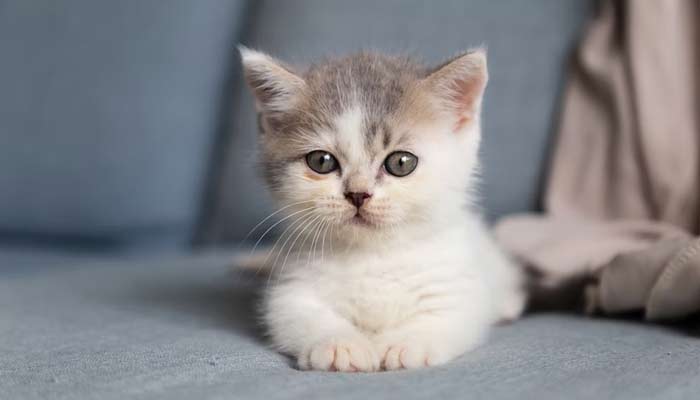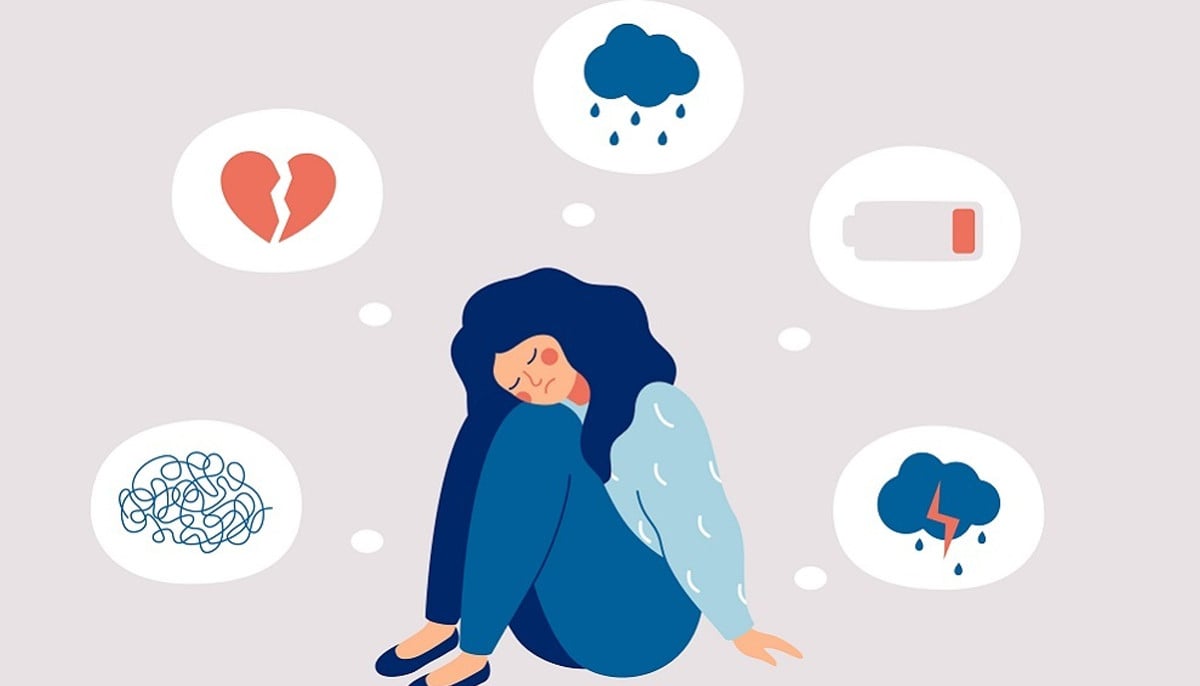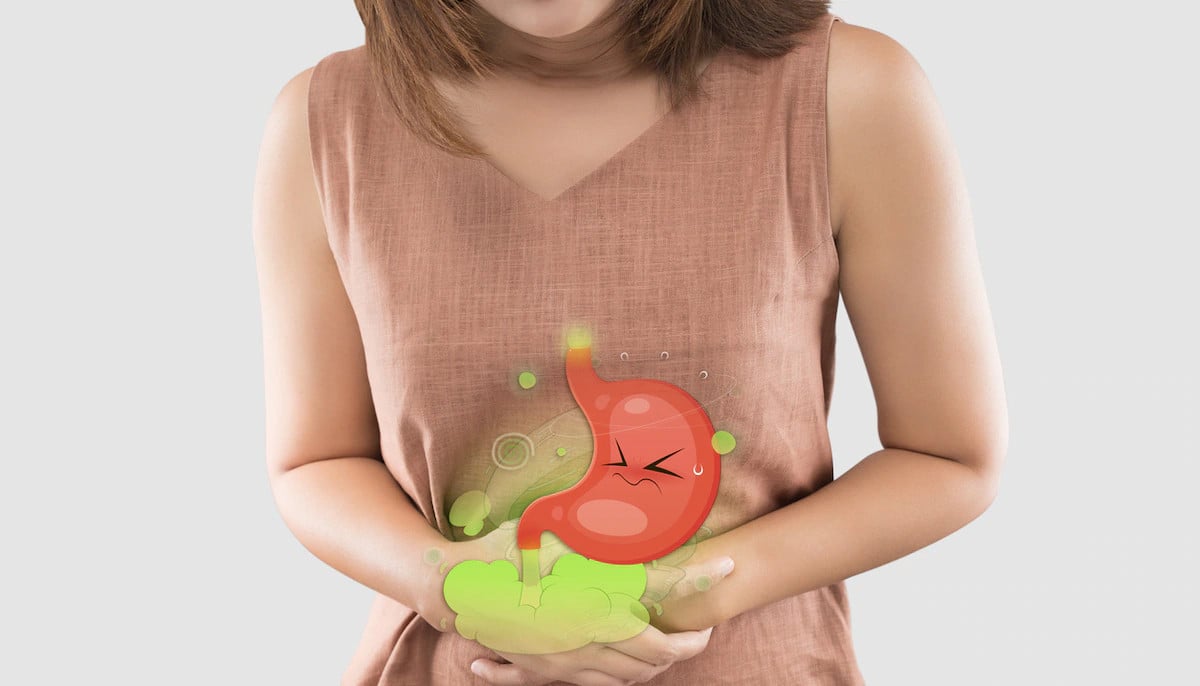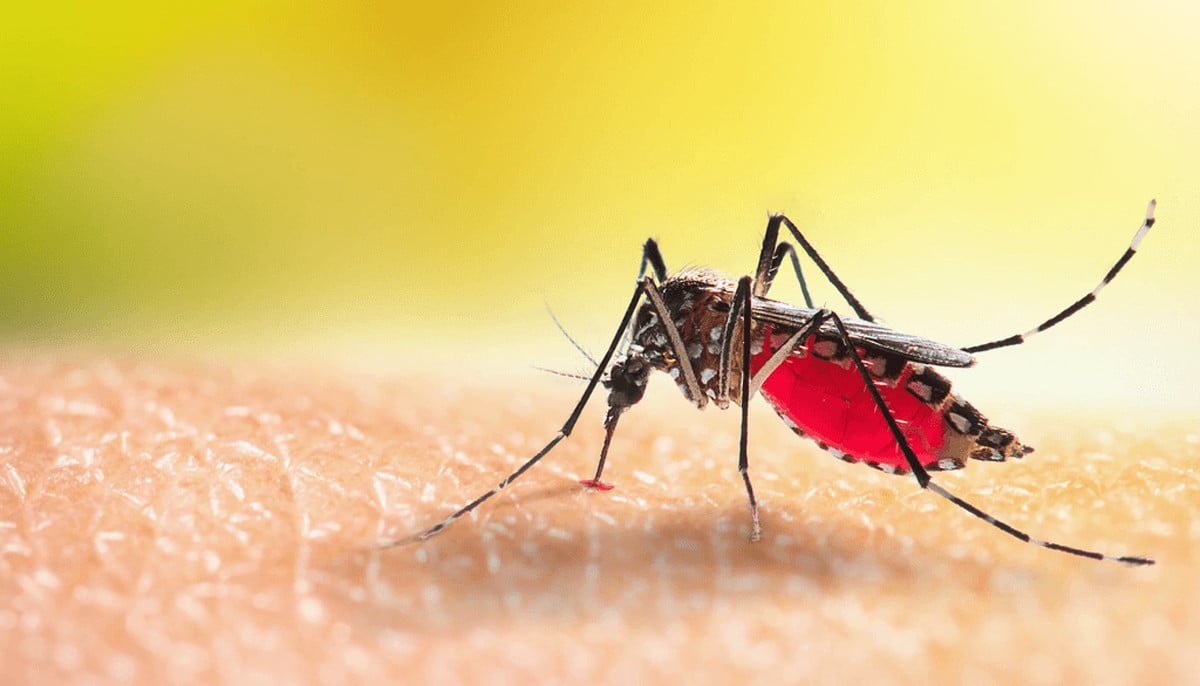Bird flu attacks cats after cows
Cat lovers need to take safety precautions as avian flu is targeting feline furballs after many other animals
Cats are contracting avian flu (or bird flu) and succumbing to it, a situation that is raising concerns about the risk that these feline furballs and their owners face from the ongoing outbreak of highly virulent H5N1 avian influenza.
Since 2021, this epidemic has sickened and killed wild birds and poultry in the United States. A vast range of mammals have also been exposed to H5N1, including farm animals like goats, dairy cattle, and, most recently, four alpacas in Idaho, according to Science Alert.
Bird flu viruses can acquire random changes that enhance their ability to reproduce in mammalian cells when they infect mammals. This suggests that the avian influenza may be able to evolve to spread more readily in humans.
The US Centers for Disease Control and Prevention stated on May 24 that there is no indication that the virus has yet undergone the kinds of alterations required for it to spread quickly from person to person. Individuals who have had intimate contact with cattle or poultry have constituted the majority of those afflicted thus far.
Outdoor cats may get infected after catching wild birds, says Meghan Davis, a veterinarian and environmental epidemiologist at the Johns Hopkins Bloomberg School of Public Health. “Whether they eat them or not, that could be sufficient contact.”
-
5 simple rules to follow for smooth, healthy hair
-
Expert discusses 'complications' of measles outbreak
-
Are statins safe to use? New study debunks long-feared side effects
-
New research busts major PTSD myth
-
Shocking gender link in autism comes to light
-
Same name, different disease: A guide to type 1 and type 2 diabetes
-
5 at-home remedies for gas and bloating
-
New research brings us closer to malaria-free world












